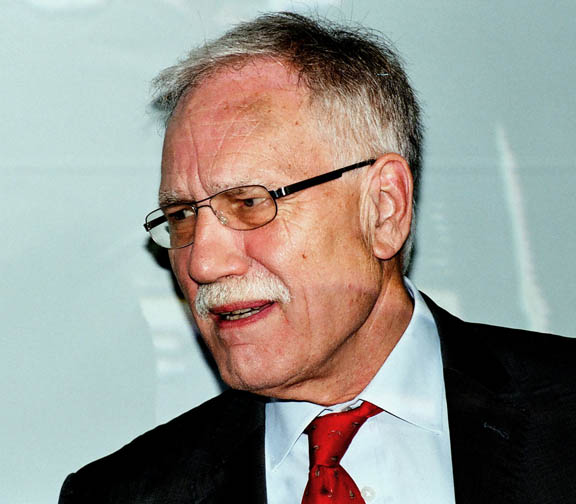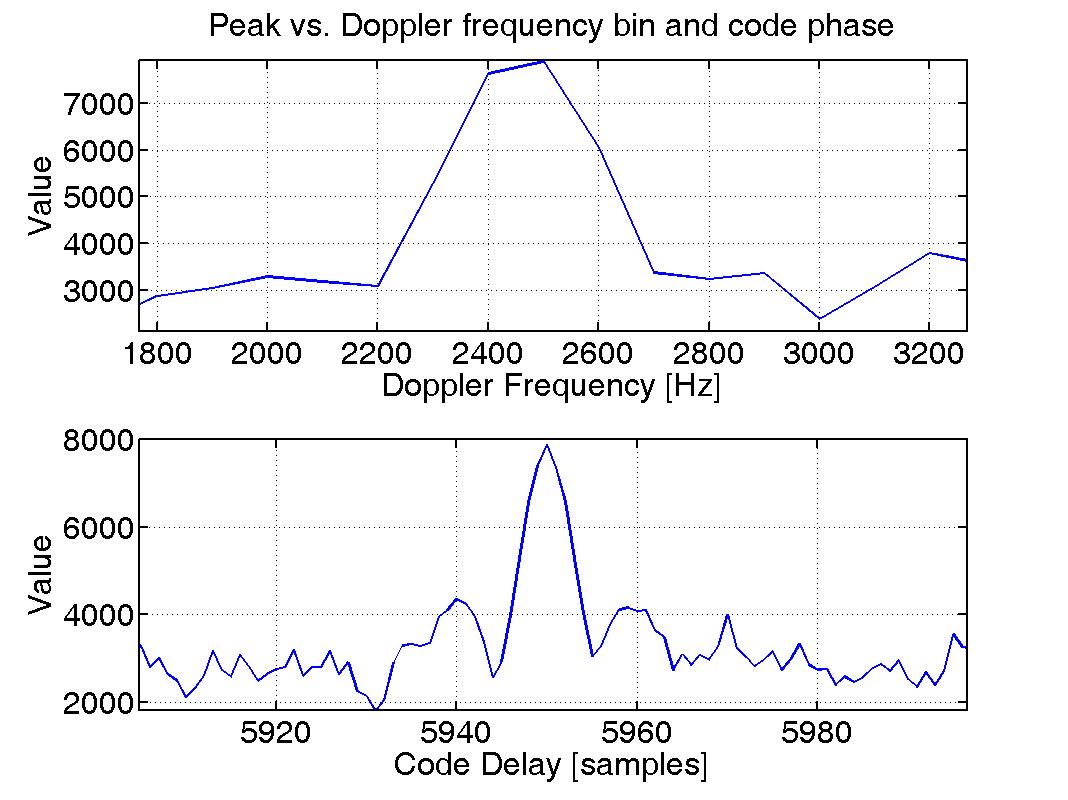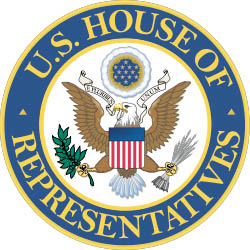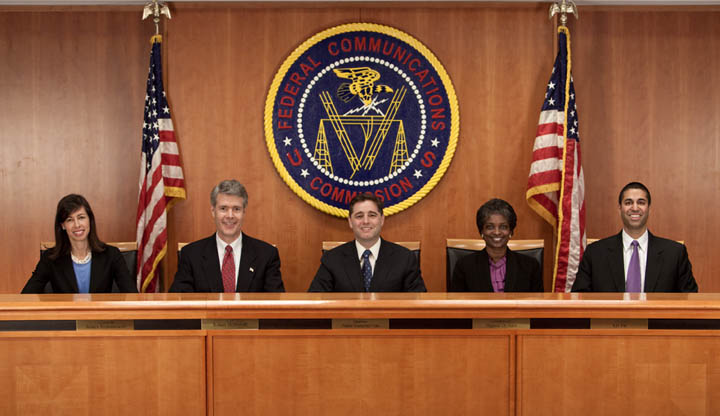European Space Policy: Jobs the Bottom Line for Budget Battle, Galileo
 MEP Dominique Riquet: “We will not say yes to a budget that cripples our space programs.” Peter Gutierrez photo.
MEP Dominique Riquet: “We will not say yes to a budget that cripples our space programs.” Peter Gutierrez photo.Although they use a different vocabulary than their U.S. counterparts, European political leaders say that jobs would be the victims at the bottom of their fiscal cliff.
In his keynote speech to the 5th Space Conference on European Space Policy (subtitled “A Global Tool for Global Challenge” held this week in Brussels, European Commission (EC) Vice-President Antonio Tajani underlined the important role of space for restoring economic growth and employment.
By Inside GNSS















